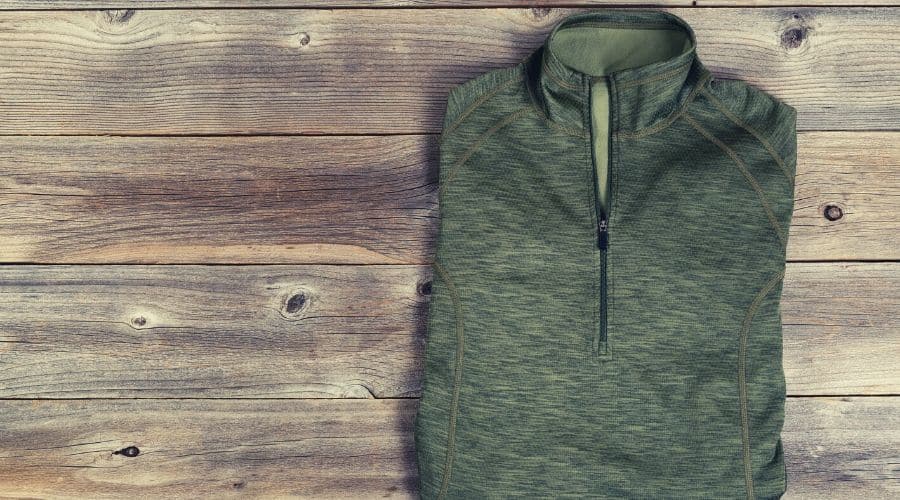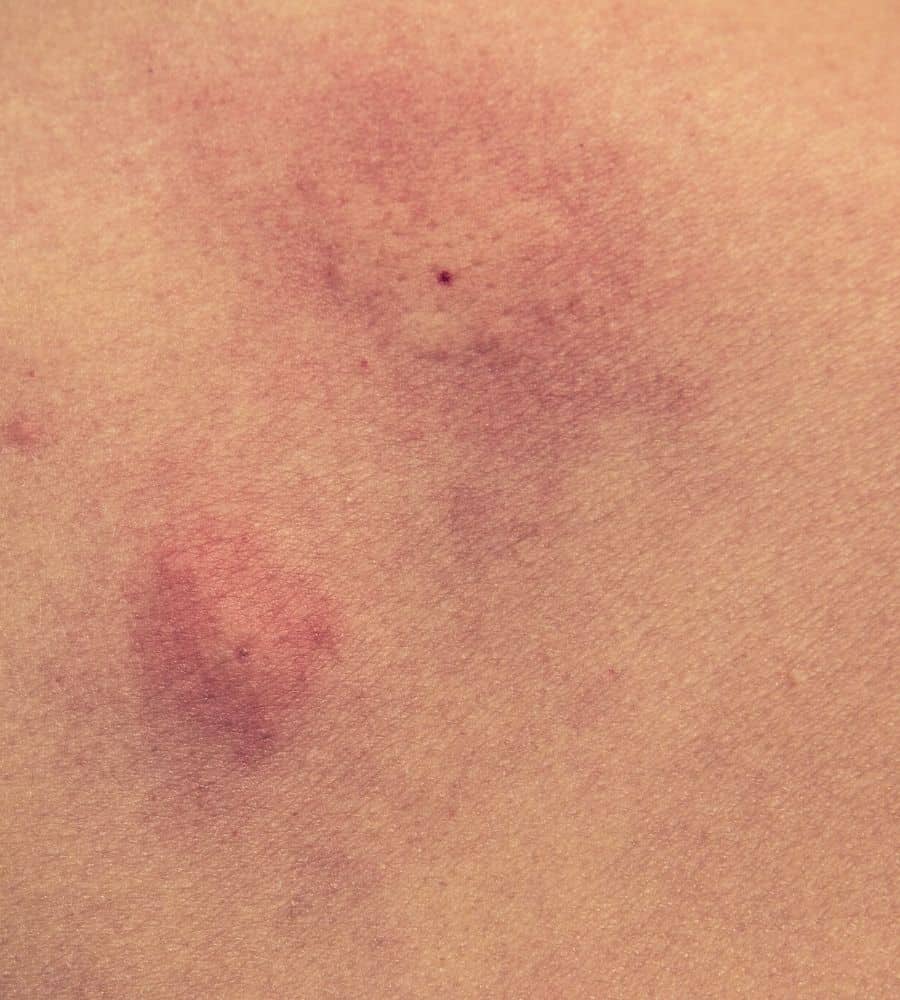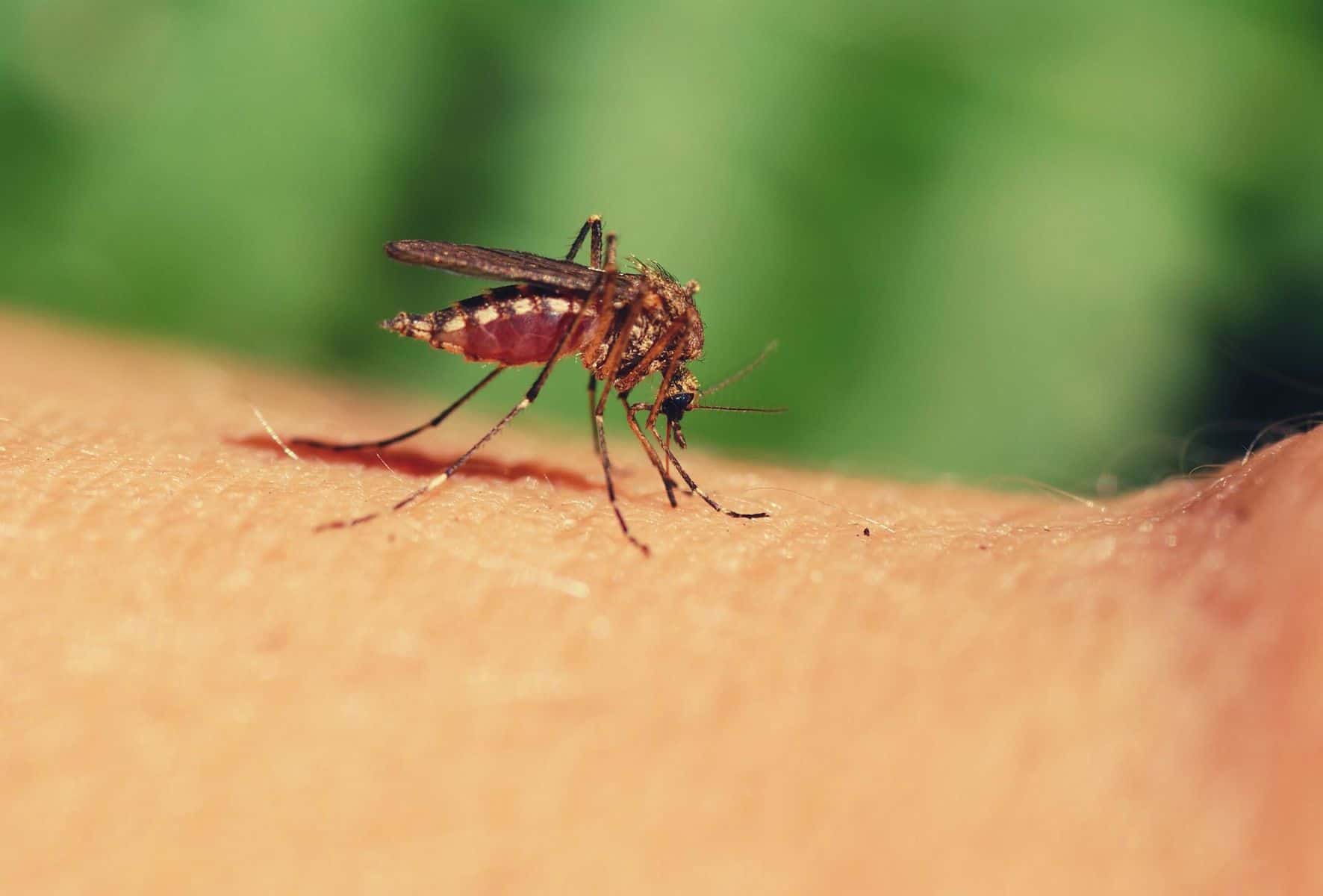Whatever your take on the intelligent design vs. evolution question, mosquitoes are living proof that the force(s) responsible for our planet’s occupants are blessed with a wicked and somewhat sadistic sense of humor.
These modern-day, miniature pterodactyls of the insect world are, undoubtedly, a proposition that can turn any hiking trip into an exercise in anger management, so much so that many hikers would rather stay at home than endure their uniquely infuriating wrath. In this article, we aim to convince you to do otherwise and to stride fearlessly into the wild equipped with a wealth of tips on mosquito bite prevention and treatment that will let you enjoy your time in even the most mosquito-infested hiking locations.
Table of Contents
Mosquitos: The Lowdown
The Stats
Mosquitoes are not only an almighty pain in the backside, but also a major source of disease and death in various countries around the world. Their death toll is, quite frankly, staggering, and makes them the most deadly creature on the globe by quite some way. Over 750 million people contract a mosquito-borne illness every year, with over one million dying as a result.
Diseases and Differentia
Some common mosquito-borne infections include malaria, dengue fever, chikungunya, the zika virus, and yellow fever, all of which can prove fatal if not treated correctly. The prominence of these infections varies around the globe, and to confuse matters there are various types of mosquito that are active at different times of the year and different times of day in different regions.
In Africa, for example, the mosquitoes responsible for the transmission of malaria tend to do their biting late at night, whereas in South America and Asia malarial mosquitoes prefer late afternoons and evenings. Mosquitoes that transmit other diseases such as the Zika virus, yellow fever, and dengue fever, on the other hand, prefer daytime dining and strike mostly between sunrise and sunset.
In Europe and North America, where mosquitoes are not malarial but retain their capacity to drive victims utterly cuckoo nonetheless, mozzers do most of their man-munching in the hours just after dusk. In the U.S., mosquitoes are responsible for the second most common vector-borne disease, the West Nile virus.
If You Can, Avoid Mosquito Prone Areas
Avoid Mosquito Season
Certain parts of the world at certain times of year become epicenters of mosquito activity. Just as with the weather, these areas will have a ‘mosquito season’ in which the little terrors are rife and at their most peckish. As part of your larger-scale planning, be sure to avoid these times of year if at all possible — otherwise, be extra prepared to become nibble-fodder for swarms of airborne piranhas.
To give an example, in India, mosquitoes are particularly rampant after the monsoon, in the lower plains, and in lush, heavily vegetated regions like Himachal Pradesh, whereas the more barren and drier region of Ladakh is largely mosquito-free year round. Similarly, in the Italian, French, and Swiss Alps the alpine valleys and lakes are often infested during summer months but unaffected throughout the rest of the year.
Avoid or Remove Standing Water
Wherever you happen to be doing your hiking, there will be zones within the larger geographical area that are more and less prone to mosquitoes. Some of the favored hangouts of mosquitoes are low-lying areas, those sheltered from the wind, and, most notably, those near standing water.

When setting up camp, be sure to avoid these areas, heading to where there’s at least a slight breeze, no lying water, and preferably on higher, drier, and rockier ground. If you happen to camp where there are small puddles of standing water, simply filling the puddle with soil or brushing out the water could make a big difference.
Mosquito Bite Prevention Methods
Many a traveler and hiker has, no doubt, lamented the futility of trying to protect themself from mosquito bites. At times, it’s true, the little rascals seem to evade our every effort to dodge them and pop up precisely where we don’t want them regardless — in our tent, car, sleeping bag, shirt, hair, etc. There are, however, a number of measures we can take to fend the little fiends off.
First Things First: Inoculations
If you are heading to any country where malaria or other diseases are an issue, don’t risk skipping the pre-trip inoculations, no matter how thorough you are with the prevention methods listed below. For every happy-go-lucky hiker who does so and gets off scot-free, there’s another who is bedridden, stuck in the local hospital, or suffering the life-long health rollercoaster that comes from contracting malaria.
Wear Mosquito Repellent
It stinks, it’s often greasy, and definitely accords your skin a distinctly unwashed look in most holiday snaps, but a decent mosquito repellent is a must in saving yourself from hours (or days and weeks) of torture at the hands (read: teeth) of the world’s smallest but most pernicious torturers. The most effective repellents out there contain varying concentrations of either DEET (diethyltoluamide) or picaridin.

DEET
This old-school, tried-and-tested repellent is the stinkiest of the bunch, but it works. Over the years, it has earned a bit of a bad reputation on account of a few studies which have connected it with various side effects, but a closer inspection of these reveals most to be misleading and the side effects the result of misuse or abuse. Despite frequent claims, DEET has never been scientifically proven to cause cancer.
Pro Tip: “Lower the Dose”
If products with a high concentration of DEET cause you any bother in terms of side effects, try using another with a lower concentration (around 10-15%)
In short, DEET offers pretty much the best means of preventing bites there is when applied correctly. Doing so is a matter of using the spray or wipes sparingly, skooshing a small amount into your hand and then applying it to exposed skin and reapplying every few hours. If you’d prefer all-day protection without reapplication, plump for a product containing a higher DEET content (50-100%).
Picaridin
All but odorless, non-greasy, and claimed by some to boast better mozzie-thwarting properties than even DEET, picaridin is another tried-and-tested repellent found in many varieties of outdoor bug blockers. The only downside to picaridin products is that they are generally weaker and need reapplying every few hours.
Clothing
Long Sleeves and Tightly Woven Fabrics
Your hiking wear can play a big part in how bitten (or not) you become. The more of your skin you cover, the less of a target the tiny terrors will have, and the more tightly woven that covering is, the more likely it is to prevent the more determined of them getting their teeth through your threads and into your skin.
Many synthetic fabrics with sun protection ratings feature a very tight weave, as do other synthetic garments designed specifically for athletic and outdoor pursuits.

Light Colors
Mosquitoes are attracted to darker colors, with potential victims more easily located in the dusk hours when mosquitoes do most of their hunting. As such, lighter-colored threads may just sneak you under their radar and/or direct them to your buddy in the Johnny Cash-inspired get-up first.
Use a Mosquito Net
It may seem like a no-brainer, but many hikers possessed of gray matter have nevertheless been known to overlook this crucial part of the standard mosquito-thwarting routine. In most mosquito-prone areas, the little fellas are most active in the hours just after dusk, which also happens to be the time when you’re likely to be pitching your tent or tucking yourself in for your nightly kip.
To avoid any unwanted tent-mates that will be sure to emit series of high-pitched squeals in your ears at five-minute intervals throughout the night and make supper of your skin, pitch your tent as soon as you reach your campsite and get that mosquito net up in a hurry.
Keep Air Circulating
As mentioned above, mosquitoes prefer windless conditions on account of being, relatively speaking, fairly shoddy aviators. If you happen to be car or campsite camping, keeping the air moving with a tent fan or two can help keep them at bay, and if out in the wild even a small, battery-powered fan might just do enough to let you enjoy your supper in peace.
Stay Scent-Free
Hygiene-dodgers rejoice! Yes, the ‘scent’ referred to in this case is not the three-day pong oozing from your pits and other parts while on a thru-hike but the stuff you usually use to counter such odors: shower gels, deodorants, aftershaves, perfumes, and so on. You might not endear yourself to your hiking partners by skipping on them, but — more importantly — you’ll also not endear yourself to mosquitoes, which are apparently bigger fans of the pleasantly fragrant than the flagrantly fragrant.
Prevention Methods That Don’t Work
Given the number of gimmicks and fads for thwarting mosquitos that have appeared over the years, a little bit of myth-busting and debunking is required to sort out the wheat from the chaff. Some items that fall directly into the latter category include:
Citronella Candles
Citronella is an effective insect repellant, but only if smeared directly on your skin or when its fumes come directly between you and the air-borne predator. To achieve such an effect in the outdoors, you’d essentially need to carry enough candles to light the Vatican and probably suffocate yourself in the process. In terms of practicality, there are better options…

Bug Zappers
From stationary grilles to lightsaber-like wands, various tech companies have come up with various products to fleece the gullible and desperate with the promise of bite-free flesh. All of these products have one thing in common: they suck. While they may catch the odd idiot of the native mosquito colony who happens to stray into their deadly glow, the rest of the clan will be more focused on the far more appealing and tastier objective of your flesh.
Garlic
As effective for repelling mosquitoes as it is vampires (i.e. not.)
Ultrasonic Buzzers
Buzzers that emit high-frequency sound waves are the latest fad to appear in the anti-mosquito armory. They’ll set you back a pretty penny and do little more than provide the mozzers with a bit of background music while they dine on your hide.
Mosquito Bite Treatment if Bitten
Sadly, the scourge of the mosquito bite does not end at the moment the little devil releases its fangs from your flesh. Once you’ve been munched, the fun really begins, with inflammation, swelling, itching, and redness all in the offing for many victims. To ease each of the above, try the following:
Don’t Scratch
While this admonition may be as infuriating at the oft-heard ‘don’t worry’ when the very worry-worthy has just transpired, in the interests of mitigating your suffering, we’ve gotta say it: don’t scratch! While a good scratch may offer some temporary relief, it will only make the inflammation — and thus the itchiness — even worse. A Scratch-22 situation, you could say…

Alternatively, and if possible, try rubbing some ice on the bite spot or dipping it in cool water, both of which will prove far more effective than assaulting it with your fingernails.
Antihistamines
An antihistamine cream, gel, or pills (non-drowsy) can greatly reduce the suffering caused by a mosquito bite. Apply the cream/gel on the bite area immediately after being bitten and then at night before sleeping.
Mild Steroid Cream
These contain corticosteroids which can both reduce itching and help your bite heal more quickly.
Calamine Lotion
The zinc oxide contained in calamine lotion creates a cool, tingling sensation that temporarily relieves itching.
Forget the Fads
Over the years, several products have been cited as alternative remedies for mosquito bites: mouthwash, toothpaste, banana peel, and honey. Just rub them on your skin, we were told, and you’ll be good as new. In most cases, however, we were exactly as good as we had been prior to rubbing, only now bearing a rich scent of mint, banana, or honey that made us all the more likely to attract further mosquitoes keen on adding to our bite collection.
More effective natural mosquito bite treatments include lavender essential oil, oatmeal, witch hazel, and Epsom salts.

